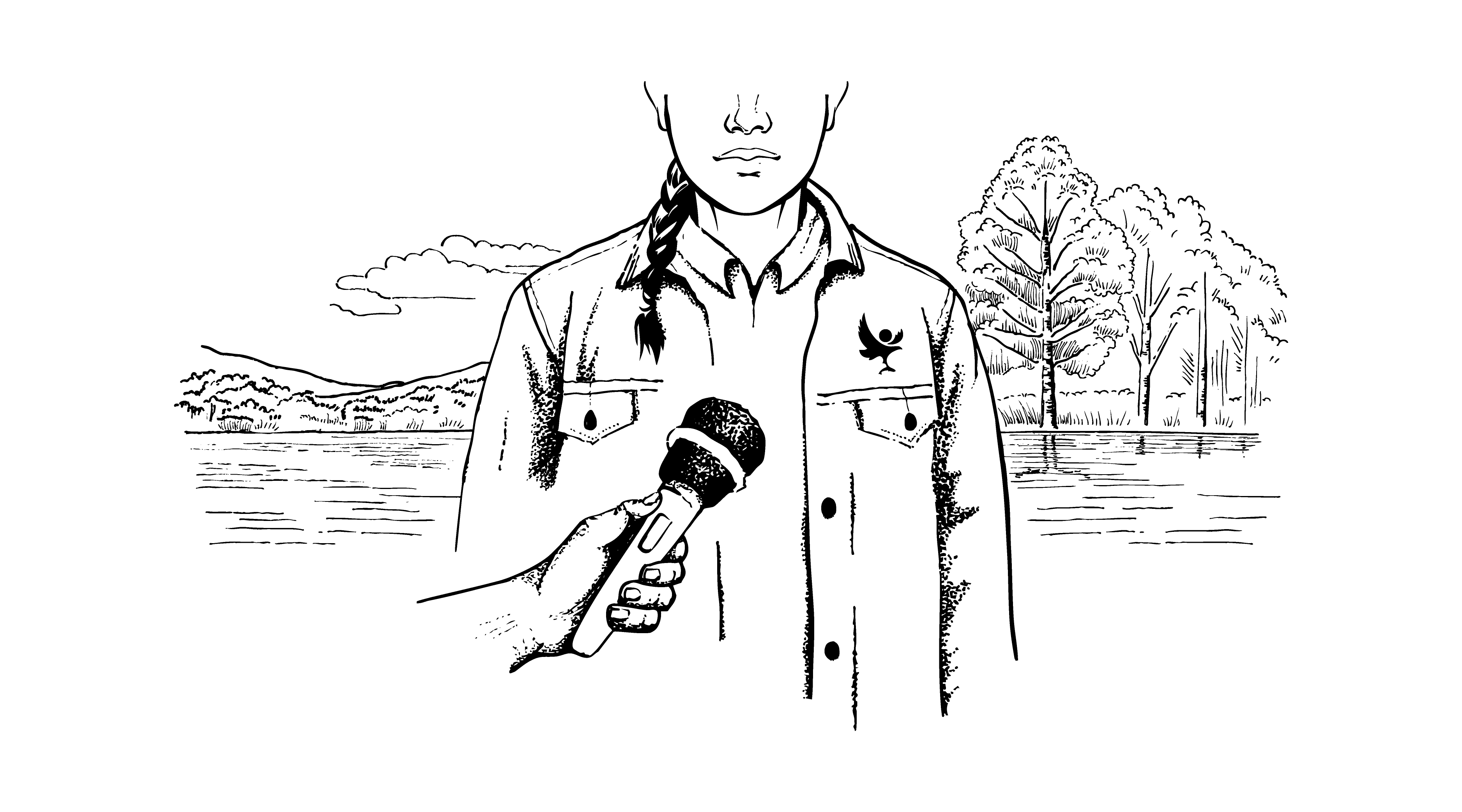Grantown students make a movie

Grantown students make a movie
Grantown Primary School students have become movie makers as part of an exciting scheme to help fight climate change.
Primary five, six, and seven pupils are making a short film about the effects of climate change on tourism activities in the area.
The movie includes interviews with a number of adults involved in the tourism industry and footage of pupils skiing on the dry ski slope near Loch Morlich and mountain biking in Anagach Woods.
It also includes interviews with local world champion cyclist Craig MacLean, climber Mark Samuels and Cairngorms National Park board member and local Highland Councillor Jaci Douglas.
The enthusiastic youngsters have also written, sung and recorded a song for the film.
Grantown and also Alvie primary school are two of seven schools across the National Park whose pupils are making films about potential climate change impacts on the Park and how it is adapting to and mitigating these effects.
The film making is one of a number of initiatives from the Clim-ATIC project, a first of its kind European project that will see the Cairngorms National Park trial a number of exciting projects in the fight against climate change.
Teacher Gale Lee said: “This project has enabled each of the five classes to demonstrate their learning and understanding of climate change in an interesting and enjoyable way. They can’t wait to see their finished film.”
Twelve-year-old student Elena Melton said: “I hope that when people see our film it will make them think about what they can do to help slow down climate change.”
A premiere of all the completed films will take place on September 26 at a venue to be arranged.
Aberdeenshire Media Unit is working with all the school youngsters to train them in film making.
The Clim-ATIC project is a Euro 2.4million three-year partnership project between the Cairngorms National Park Authority, UHI Millennium Institute, Forestry Commission Scotland and a number of European organisations, and is supported by the European Commission’s Northern Periphery Programme.
Alert
Latest from the National Park
Pulling together in wake of wildfires
An update from Park Authority Convener Sandy Bremner and Chief Executive Grant Moir on collective efforts to tackle wildfires in the National Park going forward.
The Moorland Indicators of Climate Change Initiative
Update on wildfire situation
Convener Sandy Bremner and Chief Executive Grant Moir have given an update on the ongoing wildfire situation.
Relevant alerts
-
There is an extreme risk of wildfire impacting the National Park from Friday 11 July until Monday 14 July.
- Do not light any fire or barbeque
- Always ensure cigarettes are fully extinguished and take your litter (including glass) away with you
- Enjoy the outdoors responsibly - most wildfires are caused by human activity
- Stay alert - with dry vegetation and warm weather, fires can start easily, spread rapidly, and burn intensely
- If you see a wildfire, dial 999
For updates, visit the Scottish Fire and Rescue Service website.




